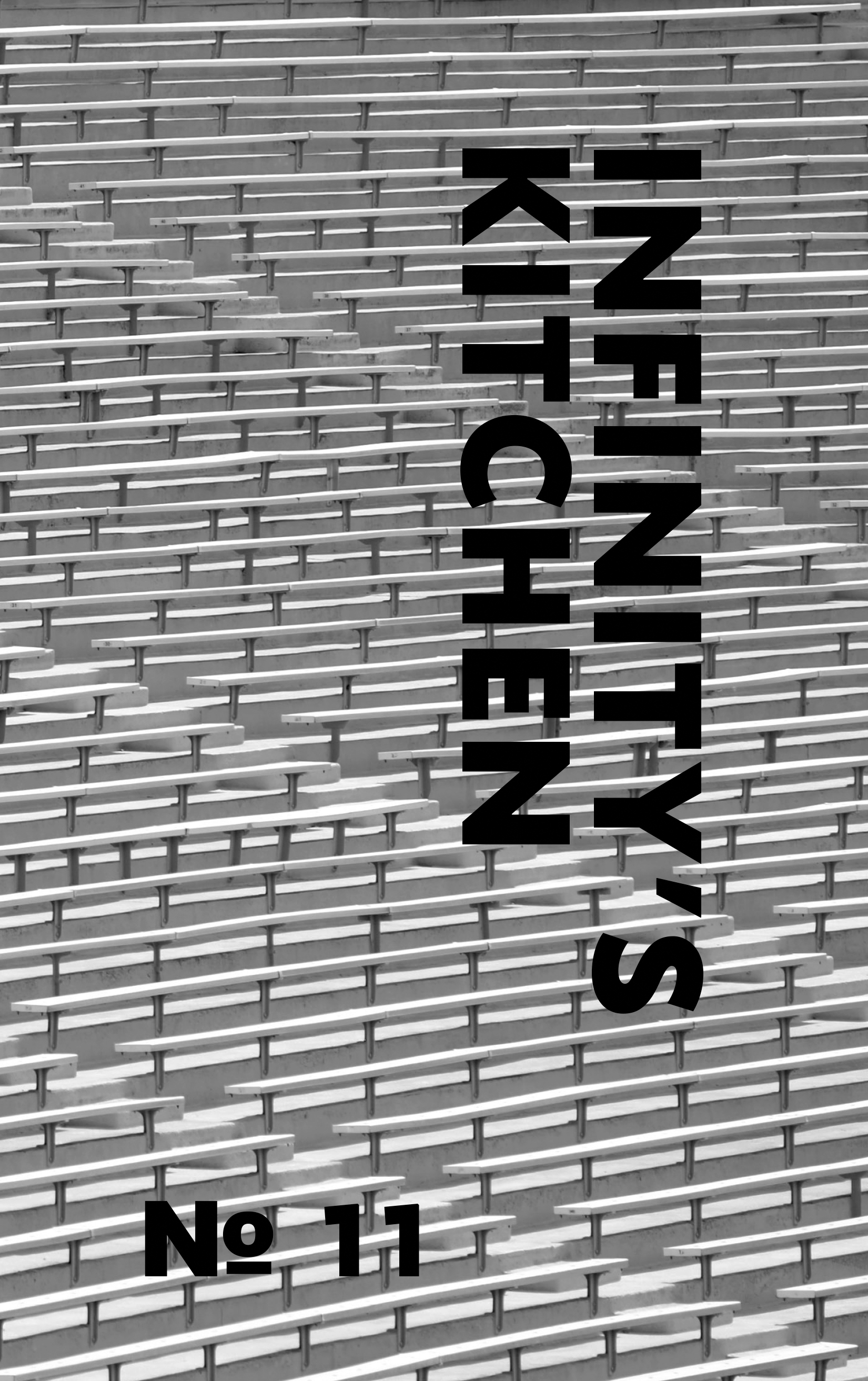” … liberty is not license. Thus they have reached what is called nominalism, and have asked themselves if the savant is not the dupe of his own definitions and if the world he thinks he discovers is not simply created by his own caprice. Under these conditions science would be certain, but deprived of significance. If this were so, science would be powerless. Now every day we see it work under our very eyes. That could not be if it taught us nothing of reality. Still, the things themselves are not what it can reach, as the naïve dogmatists think, but only the relations between things. Outside of these relations there is no knowable reality….”
— Henri Poincaré
In a troped poem, I try to force the reader to be the poem.
“Art is context”. In Tropism, he who receives the art becomes the context.
Or, if you prefer rather, the reader becomes the read.
Whenever someone intakes a work of art, they have expectations of meaning. The great breakthrough of modern art was to fool the eye, hypnotize the intellect, and confuse the senses. But even the most advanced thinkers, like Marcel Duchamp, were held back by their own need to make sense of the world.
But the world does not make sense. The universe is absolutely insane.
Einstein said of Heisenberg, “God does not play dice with the universe.”
But if there is no God, there is no bet.
Duchamp and the other inventors of Dada try to be absurd. They even try to go beyond absurdity. But they still had to eat. And to eat, they had to make money. And to make money, they had to make their art attractive and accessible.
They started off with the highest intentions, but artists often become hacks or suicides.
(Duchamp found a third way: he became all—consumed by the game of chess and its problems.)
A trope is an expectation of understanding inherent in a cultural form. For example, when a Westerner unfamiliar with Japanese Noh sees it for the first time, it is practically incomprehensible. But to someone well versed in this specific form, everything makes perfect sense.
We do the same thing with our drama, in that there are certain conventions that everyone viewing them is expected to understand, without which our TV shows and movies and plays make no sense.
This is not the same thing as a cliché.
Tropes extend to every form of art. If you don’t know the tropes, you have no context.
Van Gogh is a great artist, but the public and even the connoisseurs of his time could not see what he was doing, so he was a failure in his own eyes. Ah, if only he could have held on for another 20 years!
What I am trying to create with Tropism is something that I will never be a “master” of, because there is too much to learn, and I am only at the beginning.
But, to continue:
In any poetry, the meaning the poet is trying to convey is only rarely the same meaning that the reader accepts as the truth of the poem.
“Ambiguity is the soul of poetry.” Smart poets understand that and let it ride. The poem becomes a board surfing the brain waves of the reader, and the poet becomes a ghost rider. In the mind of the reader, but not really there.
In a successful Troped poem, the poet disappears completely, and the meaning becomes unique to the reader. An experience impossible to share, because it means something completely different to each reader. If the work is really a winner, it will mean something different each time you read it.
Actually, the poem doesn’t mean anything, and so whatever meaning you get out of it is the result of synchronicity. That is, the words of the poem take you for a ride, and neither you nor the poet knows in advance where you will go.
Of course, no human mind could be free enough to create a true Tropist poem. But it can’t be a random collection of words, either, because that would just create a jumble and simply move around aimlessly.
No, a true Tropism would have to be written by an intelligent machine.
Until the time when that is possible, I am trying to create something new, something that hasn’t been tried before.
But, like all human endeavors, it’s a cinch someone figured this out long before I do.
